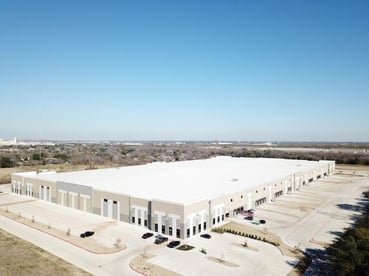The cliché of “location, location, location” applies in industrial real estate as much as commercial or residential, but what factors you bundle into that assessment are vastly different. A smart company on the hunt for a site should be asking whether a proposed site will support their business goals, and should be aligned with corporate strategy.
When considering a potential property for a warehousing operation, an assessor might ask about a variety of things including the ease of transportation, the nearby shops and facilities, and the proximity to their manufacturing location, for example. They may also consider corporate factors such as perception and whether the location fits with the brand identity.
Access to (human) resources
There is another often-overlooked location factor that should form a crucial part of a real estate strategy: talent and access to the right people.
This is the nature of cities or areas that become hubs for specific industries and sectors: they have a rich pool of workers with the right mix of skills to draw from. If you’re looking for the top geologists in the world, you probably want to focus on an area associated with mining. Want people who are passionate and knowledgeable about the ocean? Try Hawaii. Similarly, when looking for industrial real estate, consider areas like Toledo, OH which was named number one in the nation for new business development, or large cities with fast-growing populations such as Columbus and Indianapolis.
There’s remote work and transferable skills to consider, of course, but a location with a strong talent pool surrounding an area will be self-sustaining. The type of people you envision staffing your operation with will often inform a location consideration as an operation can only be as successful as their local team.
Property as an asset
Last but definitely not least, the right property is an asset and an investment with future dividends. This is why a smart investor or their corporate client isn’t just looking at what is now, but what could be, what’s on the horizon, and any prevailing trends that need to be considered. This requires an expectation for potential ROI from the early stages which is part of your corporate strategy and drives decision making.
Remember: business strategy should drive a real estate decision, not the other way around.
Topics: Industrial Real Estate Market, Supply Chain Strategy


